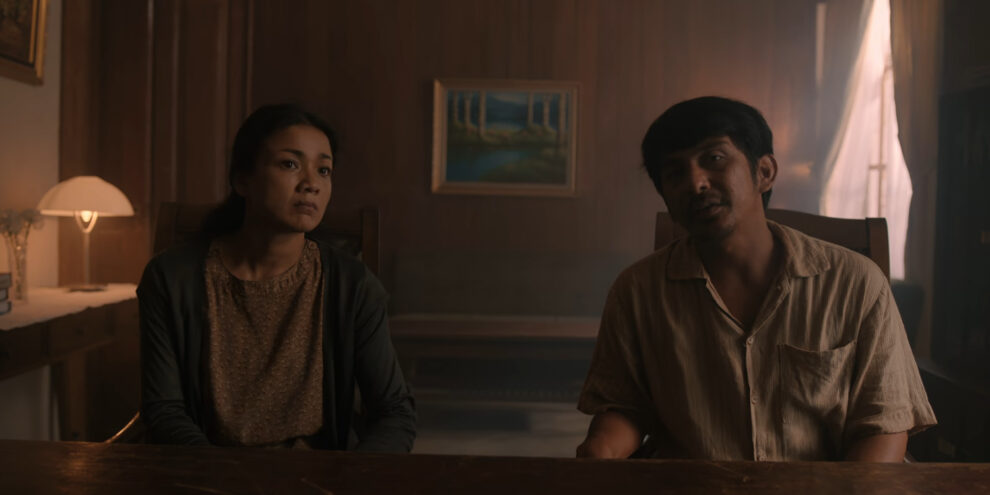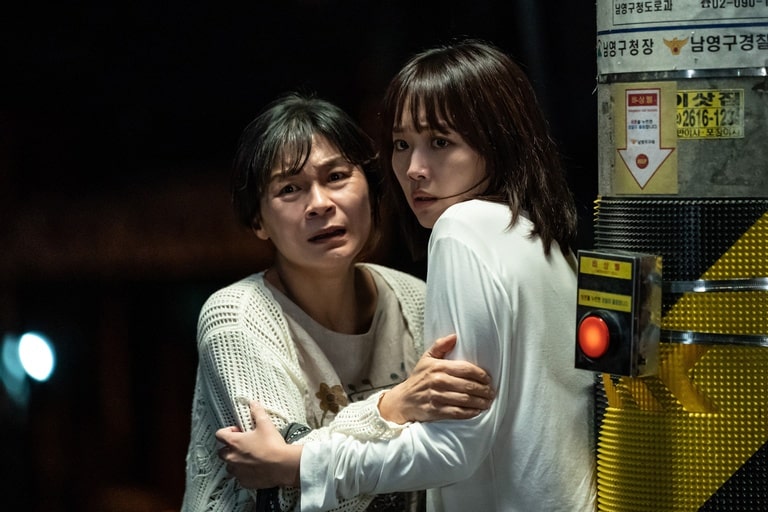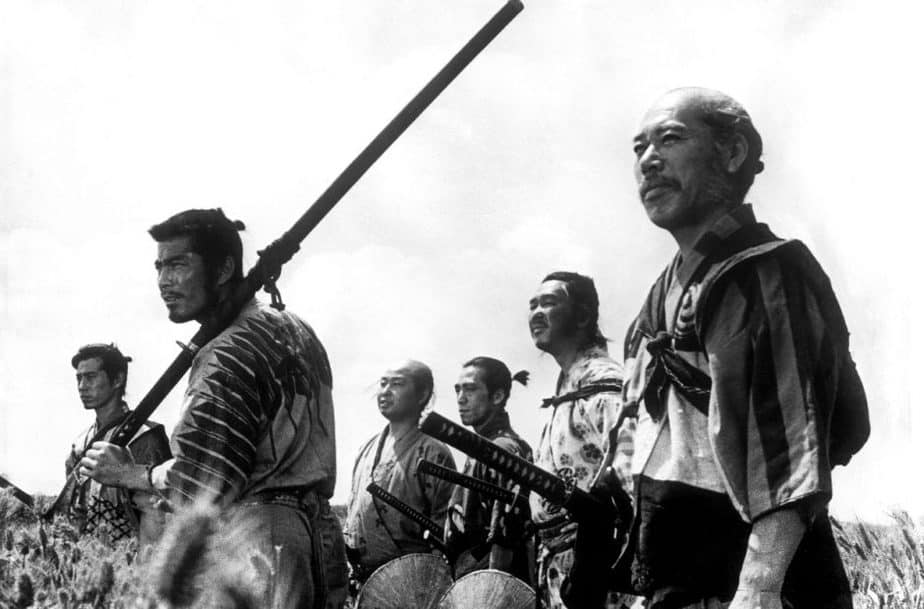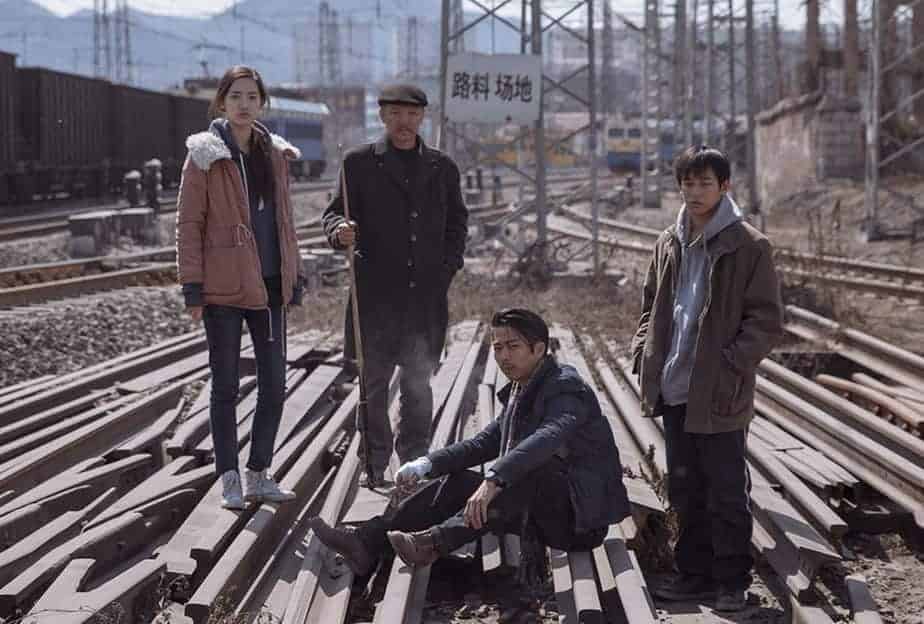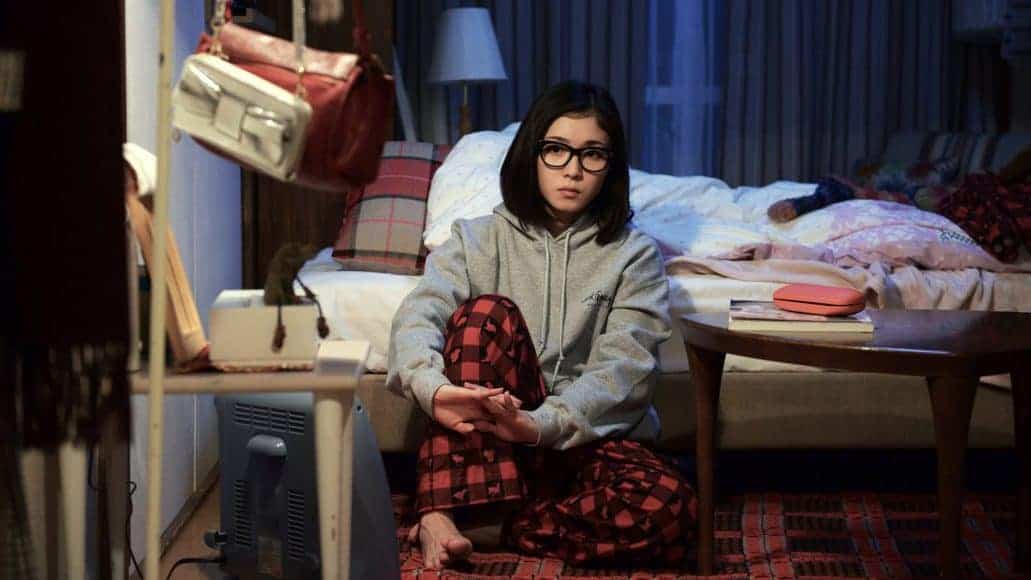The second episode in “Joko Anwar's Nightmares and Daydreams”, titled “Orphan”, is this time directed by Tommy Dewo and written by Rafki Hidayat, and implements a much tamer approach than “Old House”.
Ipah and Iyos are an impoverished couple who try to make a living by picking garbage from a vast landfill. Expectedly, the money they make is not enough, not even being able to pay the rent in the rundown hut they live in. When Iyos learns of a child, Syafin, who wields the power to shower riches upon whoever adopts him, he is eager to jump at the opportunity, even despite the rumors about the couples who have adopted him and ended up dead after 7 days with him. Eventually, he manages to convince both his wife and the adoption agency, and the two soon find themselves living with the boy, while money starts dropping in their lap. Although Iyos just wants to exploit the boy and eventually ditch him, Ipah, who has also lost a son before, begins to feel motherly love for Syafin.
Although the supernatural is here once more, and violence and nightmares eventually become part of the narrative, “Orphan” unfolds more like a family drama with intense social commentary than anything else. In that regard, it is interesting to see how Dewo combines the occasionally antithetical elements that are found in the story. Iyos will and need to change his fate, even if in a cruel and opportunistic way is somewhat justified, considering that the lives of both him and his wife are steadily moving towards the end of the cliff, without any kind of hope.
That one of the traits he exhibits throughout, the love for Ipah, is what ends up turning against him, as much as the concept of motherly love (which was also part of the first episode) are also present, adding more context here. These elements are the main source of realistic drama in the episode, which is, eventually, transformed into something different as it reaches its finale. One could also discern a comment about how adoption functions in Indonesia, although I have to admit I have no clue whether this aspect is realistic or not.
The message about how riches do not bring happiness and how greed can destroy people is also evident, although somewhat cliche, to a point at least, since the finale actually reveals something completely different. Lastly, how people's perception changes according to the money others appear to have, as exhibited in the restaurant scene, cements the rather rich context here.
In terms of production values, the sepia tones dominate once more, while the change of approach between the hut and the luxurious house is handled nicely by DP Ical Tanjung. Anwar and Dinda Amanda's editing result in a relatively fast pace that allows the story to unfold without any rushing in the 46 minutes of the episode.
Yoga Pratama as Iyos and Nirina Zubir exhibit excellent chemistry throughout the movie, while they both handle their transformations rather well.
Although on a lower level than “Old House”, “Orphan” is still an episode of quality, benefitting the most by the comments presented and the acting.


